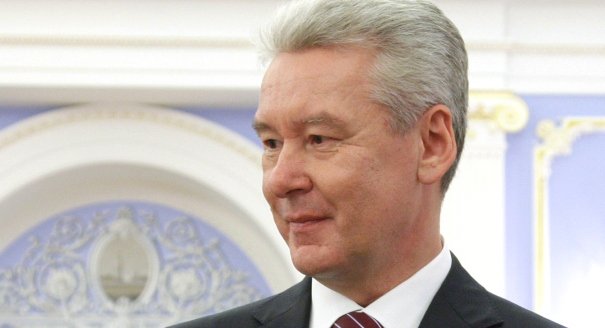Of course the authorities won, I am sure you would say, after all, their candidate, Sergey Sobyanin, is back as mayor.
The thing is though, the Moscow election was so important not in choosing the mayor, but as a chance to clarify a whole host of other issues. Let us go through them one by one.
• This election was the Kremlin’s chance to put its new survival tactic to the test. You could call this tactic “let opposition candidates compete, but without the right to win.”
• This election was also a test to see how ready the protest-minded anti-Putin electorate is to consolidate around a new political leader, namely, Alexey Navalny.
So, what are the results?
The Kremlin’s new tactic has turned out a fiasco. Even letting Navalny compete was not enough for the authorities to get the high turnout they so need in order to legitimize the election. Sobyanin scored only a relative victory, just scraping by without it going to a second round. He failed to mobilize the authorities’ traditional electorate, with a fair share of voters not bothering to turn up at the polling stations. The result was a personal defeat as well. If he had ambitions to become a potential successor to Putin in an eventual quest for the Kremlin, it is now clear that he has no large-scale support base in Moscow.
The new Kremlin tactic can work only when levels of political activeness are low and when the authorities throw all the weight of their resources behind their candidates. It is possible to experiment in these kinds of conditions. But when protest moods are on the rise, letting real competitors take part in elections that are inevitably unfair from the outset when the authorities have a monopoly hold on power, can lead to events taking the sort of turn they did in Ukraine in 2004.
Alexey Navalny was the real winner of this election: he managed to mobilize his protest electorate and established himself as an opposition politician of national scale.
The Moscow election offers a number of other conclusions, too:
• The election showed that the old government political machine that relied on imitation mechanisms (primarily United Russia party) to secure the required election results cannot handle even limited competition. This is a load the authorities have no desire to carry. It is not by coincidence that Sobyanin preferred to run as an independent candidate.
• Public discontent is taking on an increasingly political dimension. A new generation of angry young people are emerging who are more ready to confront the authorities than were their discontented predecessors.
• Navalny, the new opposition leader, has started playing the entire field, reaching out not just to liberal voters but to the nationalist electorate, too (his chances among leftist voters are still unclear as yet). This is the first attempt to consolidate discontent of various ideological hues and it could give form to a new general democratic movement.
• Russian nationalism became part of the political discourse for the first time. No matter how it develops, it is clear that Russian nationalism is taking an anti-Putin direction.
• 1990s politics, the figures of that period, and their stereotypes and agenda are becoming a thing of the past. A new opposition is starting to emerge, which will inevitably become a serious problem for the authorities.
• The leadership formula Navalny proposes is a new kind of “leader cult” that could easily take on a nationalist-populist flavor. This sort of new “leader cult” is a challenge not only for the authorities but also for the liberal-minded part of society.
• The authorities are unlikely to continue their experiment in limited competition, which would only undermine their monopoly. This leaves the Kremlin with no alternative but to set the repressive wheels in motion once again.
• None of the pollsters were able to more or less accurately predict the election results, showing just how difficult it is becoming to really measure the public mood.
